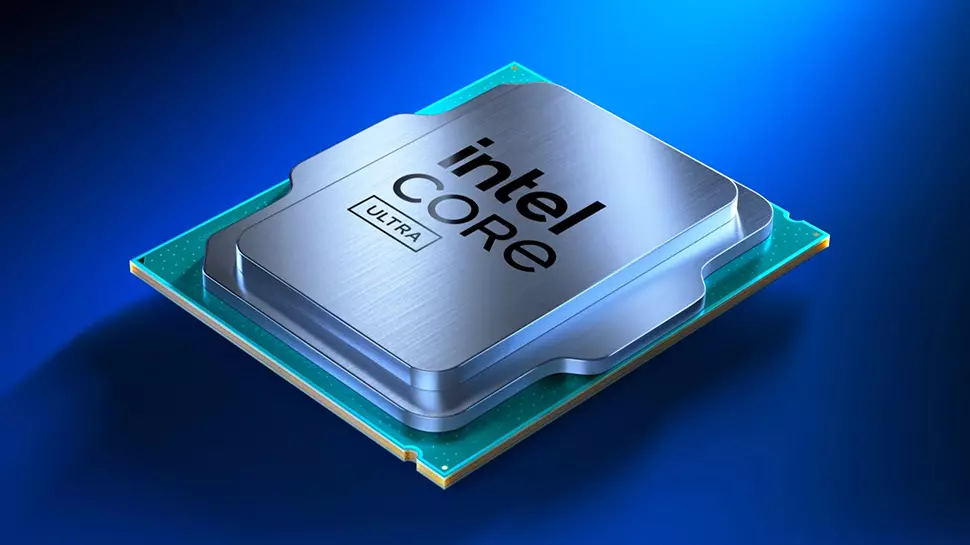It seems that things are getting worse as recent revelations of Intel’s Raptor Lake CPUs have shown us worrying trends. Though it’s now evident that these faults may also be hurting Intel’s mobile processors, the top-tier desktop CPUs from Intel’s Raptor Lake series initially displayed serious stability concerns. Those in the tech community who are closely observing the performance of Intel’s most recent products have drawn a lot of attention to this issue.
Matthew Cassells, the founder of Alderon Games, which is known for developing the game Path of Titans, has reported that Intel’s 13th- and 14th-generation Raptor Lake laptop CPUs are experiencing instability and crashes. These problems, although somewhat less frequent in mobile versions compared to their desktop counterparts, are nonetheless a significant concern. Cassells shared his observations on Reddit, noting that several laptops with these CPUs have encountered crashes similar to those reported with desktop systems, albeit with slightly lower frequency. This revelation underscores the possibility that the issues are not limited to desktop CPUs but may also impact mobile processors designed for laptops.
The specific models of Intel’s 13th- and 14th-generation mobile CPUs that are most affected have not been detailed. However, given the trends observed with desktop CPUs, it is reasonable to speculate that the flagship HX series processors could be experiencing these issues. The Core i9 Raptor Lake and Raptor Lake Refresh chips, known for their high performance and power demands, have been particularly prone to instability in desktop configurations. The same could be true for their mobile counterparts, which aim to deliver comparable performance within a more compact and power-efficient design.
The impact of these issues has been significant. Last week, Alderon Games released a statement condemning Intel’s desktop CPUs as “defective” and suggesting a potential switch to AMD’s processors. This public criticism highlights the frustration and dissatisfaction that users are experiencing due to the persistent problems with Intel’s high-end CPUs. The situation illustrates the difficulties that come with developing technology that not only performs well but also maintains reliability under various conditions.
Intel has yet to provide a comprehensive response addressing the widespread nature of these issues. The absence of an official statement from the company adds to the uncertainty and frustration of users dealing with system crashes and instability. While updates to firmware and drivers can sometimes alleviate stability problems, they may not be a sufficient solution for all users, especially if the root cause of the issue lies deeper within the hardware.
Recent individual cases further illustrate the severity of the problem. Areej Syed of Hardware Times reported a particularly troubling experience with Intel’s Core i9-13900KF CPU. The publication had to return the CPU twice through RMA (return materials authorization) due to persistent instability. Although the second unit initially showed promising performance, it soon began crashing frequently during gameplay of the title The First Descendant. The Event Viewer log for this unit displayed an alarming number of error events—44,242 in total—highlighting the extent of the malfunction.
In response to this situation, Intel’s initial stance was to suggest a refund for the faulty CPU. However, complications arose when Intel later indicated that a refund might not be possible. This mixed messaging from the company has added to the confusion and dissatisfaction among affected users. Although some reports suggest that Intel is now honoring returns for certain users, the inconsistency in handling these cases reflects poorly on the company’s ability to address customer concerns effectively.
The broader implications of these issues with Intel’s Raptor Lake CPUs extend beyond individual user experiences. The challenges of developing high-performance technology that remains reliable under various conditions are evident in the current situation. As Intel grapples with these problems, the tech community and consumers alike will be closely watching how the company addresses these concerns and what steps are taken to rectify the situation.
The challenges of pushing technological boundaries while ensuring that products meet stringent performance and reliability criteria are brought to light by the issues with the Raptor Lake CPU. The resolution of these challenges will be critical to Intel’s efforts to maintain its competitive advantage in the market and regain the trust of its user base. As the company seeks a solution, the IT community’s ongoing inspection and feedback will have a significant impact on Intel’s future CPU products and their dependability.
If you like the article please follow on THE UBJ.
